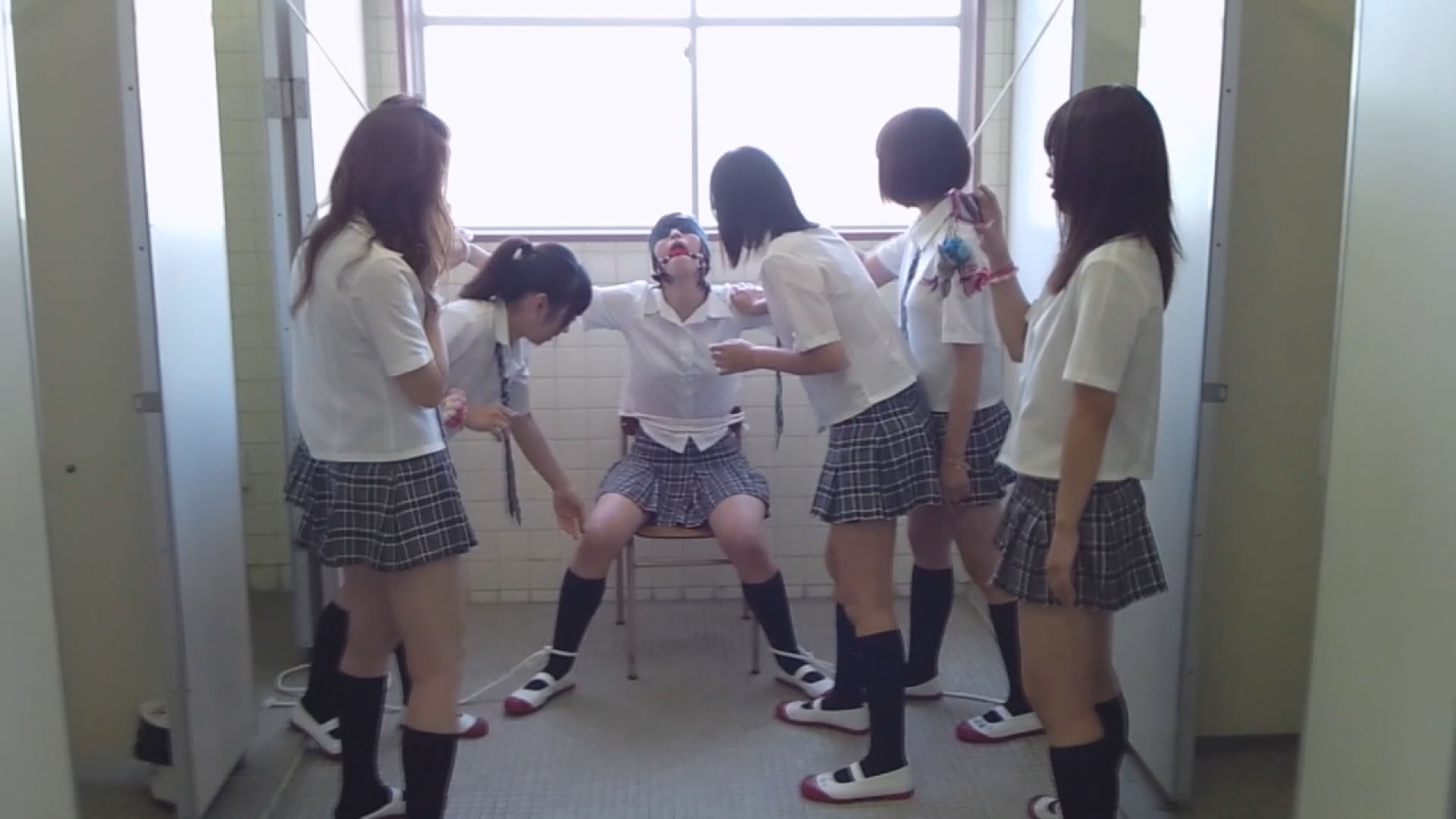Every once in awhile a movie sees around the corner to where the culture is heading. Stanley Kubrick's "A Clockwork Orange" (1971) was released when baby boomers were still baking granola and dreaming of communal peace and love, but its dystopian vision of ultra violence being visited on random strangers by youths with the morals of sharks has hardly been proven wrong, though the modern-day perpetrators are often wearing hoods rather than the hero's bowler hat.
Yutaka Tsuchiya's docu-drama "Thallium Shojo no Dokusatsu Nikki (GFP Bunny)" is similarly clear-sighted about current scientific and cultural trends, though its vision holds out the possibility of hope, even for outsiders with a thing for extreme body modification (and I'm not talking about Botox).
Winner of the Best Picture Award in the 2012 Tokyo International Film Festival's Japanese Eyes section, "GFP Bunny" is certainly ambitious — Tsuchiya says in a program statement that its three themes are "surveillance in a marketing-oriented society, characterization of identity and biotechnology"- but it is also briskly paced, smartly edited and consistently engaging, if uncompromisingly disturbing. (This may not be the film for you if memories of high school biology class still give you the heebie-jeebies.)


















With your current subscription plan you can comment on stories. However, before writing your first comment, please create a display name in the Profile section of your subscriber account page.